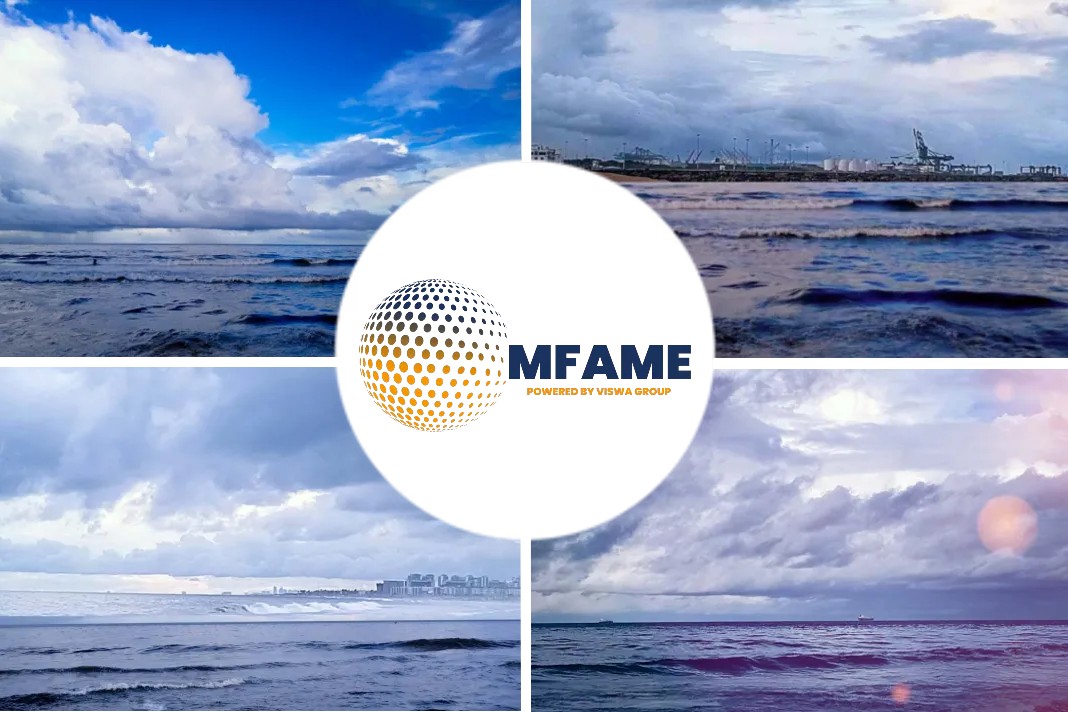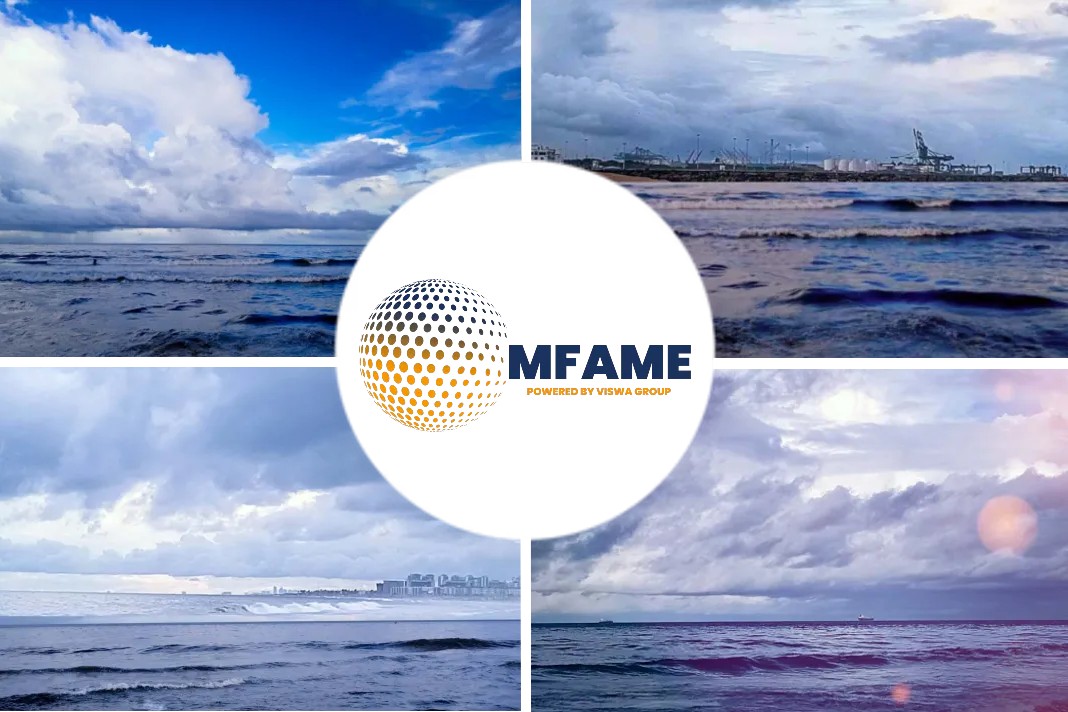 Shippers have been told they’ll need to wait through to the second half of the year before any semblance of normality returns to container trade flows, reports Splash247.
Shippers have been told they’ll need to wait through to the second half of the year before any semblance of normality returns to container trade flows, reports Splash247.
The container crunch
The CEOs of three of the world’s leading global carriers – Ocean Network Express (ONE), Hapag-Lloyd and Maersk – have been speaking at TPM, the world’s top container shipping event, organised by the Journal of Commerce, during which they discussed the current supply chain logjam and potential routes out of the ongoing container crunch.
Jeremy Nixon, the CEO of Japanese carrier ONE, discussed issues relating to terminal productivity in North America, which lag Asian counterparts by up to 50% thanks to less working hours.
Splash has reported repeatedly on the record ship queues at ports on both North American coasts in recent weeks.
When quizzed as to when normal cargo flows would return on the transpacific, Nixon said that because of all the ships alongside or at anchor in North America: “We’re actually running out of ships in Asia.”
“Frankly we’ve probably got another three to four months to work this through,” Nixon said, adding: “Hopefully by the second half of 2021 we should see a more stabilised trade.”
 Predictive analytics
Predictive analytics
Nixon told TPM attendees that liners and their clients need to get better at forecasting, at working out how booking patterns will change. ONE is developing its own predictive analytics looking at the movement of cargoes.
We’ve probably got another three to four months to work this through
Presenting from the port of Hamburg with one of his ships, the Philadelphia Express, in the background, Rolf Habben Jansen, the CEO of Hapag-Lloyd, told TPM delegates that today’s strong volumes would continue for “quite some time”.
Hope for Q3
Like Nixon, Habben Jansen talked about the tight availabilities of both boxes and ships at the moment, which combined with terminal delays have created a “perfect storm that everybody needs to work through”.
“We will get to some kind of normalcy hopefully within one or two quarters,” the Hapag-Lloyd boss said, going on to claim that the types of peaks seen in the market in recent months are not good for everyone, calling for a return to stability.
“By Q3 it ought to be more or less a normal situation again,” Habben Jansen predicted.
The delays
Vincent Clerc, the CEO Of A.P. Moller-Maersk Ocean & Logistics, the world’s largest containerline, said that global supply chains had never before experienced the stress tests of the past few months.
As with his liner counterparts, Clerc noted the underinvestment along the coastline of North America as a critical part of today’s backed-up box crisis.
While containerlines have been reaping enormous profits, Clerc said that for him and his Maersk colleagues it has not felt like a “big high-five moment” because of all the inconveniences clients were facing with delays and rolled cargoes.
Latest data from Sea-Intelligence showed that global schedule reliability dropped to a record low of 34.9% in January – or put another way, just one in three boxes was arriving on time last month – a period of time where shippers were paying record sums for their goods to be shipped.
Late arrivals
For Asia-North America west coast, almost 87% of the arrivals were late last month, according to Sea-Intelligence analysis. And when they are late, they are on average more than 10 days late.
Clerc told TPM delegates that Maersk views the current unexpected surge in consumer demand as temporary. Clerc said Maersk is forecasting a return to a more normal base – similar to 2019 levels – during the course of 2021.
The pandemic has not changed Maersk’s long term view of the industry with “fairly subdued” long-term growth anticipated, Clerc said.
“I don’t think anyone expects the current level of shipments to be a new normal from which growth will accelerate,” Clerc said.
Two-way binding contracts
The Maersk CEO also told delegates that within five years he expects close to 100% of the liner’s business to be based on two-way binding contracts.
“It makes sense that we have a clear view on what we are going to do for each other,” Clerc said.
Splash will be bringing further news from TPM this week, including a report on what Bill Gates, the Microsoft co-founder, has to say. He is due to speak later today, promoting a new book entitled How to Avoid a Climate Disaster.
Did you subscribe to our daily newsletter?
It’s Free! Click here to Subscribe!
Source: Splash247
















